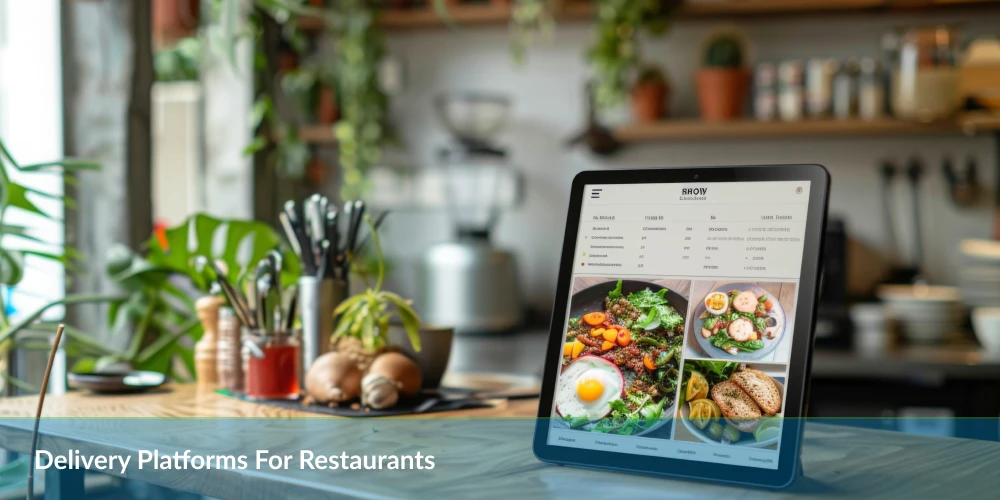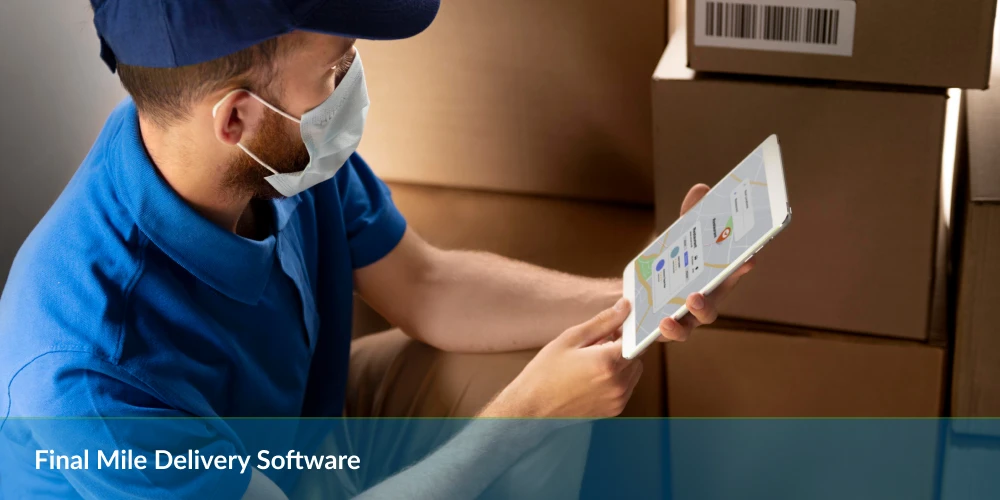Table of Contents
In the dynamic world of logistics, maintaining precision and efficiency is crucial. Achieving the smooth transit from point A to point B involves carefully coordinating multiple elements, with package tracking software as the central component in orchestrating this intricate process. In this article, we unravel the complexities of package tracking software, exploring how it works and why it holds significant importance in logistics technology.
Understanding Package Tracking Software
Package tracking software, a cornerstone of modern logistics technology, is a comprehensive solution designed to monitor and manage the movement of packages throughout the supply chain. It leverages advanced technologies such as GPS, RFID, and barcoding to provide real-time visibility into the status and location of packages.
1. Real-Time Visibility
According to a survey by McKinsey, companies that invest in real-time tracking experience a 50% reduction in lead times, leading to enhanced customer satisfaction. One of the fundamental functionalities of package tracking software is real-time visibility. This capability allows businesses to track the movement of packages at every stage of the supply chain.
2. Integration with Logistics Ecosystem
Package tracking software seamlessly integrates with the broader logistics ecosystem. It connects with transportation management systems (TMS), warehouse management systems (WMS), and other relevant platforms. This integration ensures a cohesive flow of information across the supply chain, minimizing errors and delays.
3. Data-Driven Decision Making
The software generates a wealth of data that can be analyzed to derive valuable insights. This data-driven approach empowers businesses to make informed decisions, optimize routes, and identify areas for process improvement. According to a report by DHL, companies that utilize data analytics in their logistics operations achieve a 19% reduction in logistics costs.
The Inner Workings of Package Tracking Software
1. Barcoding and RFID Technology
At the core of package tracking software are barcodes and RFID technology. Each package is assigned a unique identifier: a barcode or an RFID tag. Scanners capture this information as packages move through the supply chain, updating the central system in real-time. This provides accurate location data and enables quick and efficient sorting and identification.
2. GPS Tracking
GPS tracking is a game-changer for transportation modes, especially those involving vehicles. It allows businesses to monitor the exact location of vehicles carrying packages, predicting arrival times and ensuring timely deliveries. According to a study by Capgemini, implementing GPS tracking in logistics operations can lead to a 20% reduction in fuel costs.
3. Cloud-Based Infrastructure
Modern package tracking software operates on cloud-based infrastructure, ensuring accessibility and scalability. This means stakeholders across the supply chain, from manufacturers to distributors to retailers, can access real-time information from any location. The cloud-based approach also enables seamless updates and maintenance, keeping the system agile and responsive.
Why Package Tracking Software Matters in Logistics
1. Enhanced Customer Experience
In the age of e-commerce dominance, customer expectations for speedy and accurate deliveries have skyrocketed. Package tracking software plays a pivotal role in meeting these expectations by providing customers with real-time updates on the status and location of their orders. A survey by PwC revealed that 73% of consumers consider package tracking important for their online shopping experience.
2. Operational Efficiency and Cost Savings
Implementing package tracking software translates to improved operational efficiency. A study by Accenture found that companies leveraging advanced tracking technologies experienced a 25% reduction in logistics costs. Businesses can save substantially by streamlining processes, reducing errors, and optimizing routes.
3. Proactive Issue Resolution
Package tracking software enables proactive resolution by identifying potential problems in real-time. Whether it’s a delay in transit or a package deviating from its intended route, the system alerts stakeholders, allowing them to promptly intervene and rectify the situation. This proactive approach significantly reduces the likelihood of customer dissatisfaction and lost revenue.
4. Regulatory Compliance
In the complex global logistics landscape, adherence to regulatory standards is non-negotiable. Package tracking software helps businesses comply with various regulations by providing accurate and traceable records of the movement of goods. This avoids legal complications and enhances the business’s reputation in the industry.
Conclusion: Elevating Logistics with Tracking Software Benefits
In conclusion, package tracking software is the linchpin of modern logistics technology. Its ability to provide real-time visibility, integrate seamlessly with the broader logistics ecosystem, and drive data-driven decision-making sets the stage for unparalleled efficiency and customer satisfaction.
Adopting package tracking software is not just a technological upgrade; it’s a strategic move towards a more agile and competitive operation. The benefits of enhanced customer experience, operational efficiency, cost savings, and regulatory compliance underscore the importance of investing in advanced tracking solutions like NetworkON.
NetworkON is an indispensable tool in the competitive logistics landscape, offering route optimization, geo-fencing, fleet visibility management, and proof of delivery features. Elevate your shipping operations, reduce errors, and make data-driven decisions with NetworkON, the delivery and dispatch software game-changer.
To know more, email us at info@networkon.io or visit our website.




0 Conversations